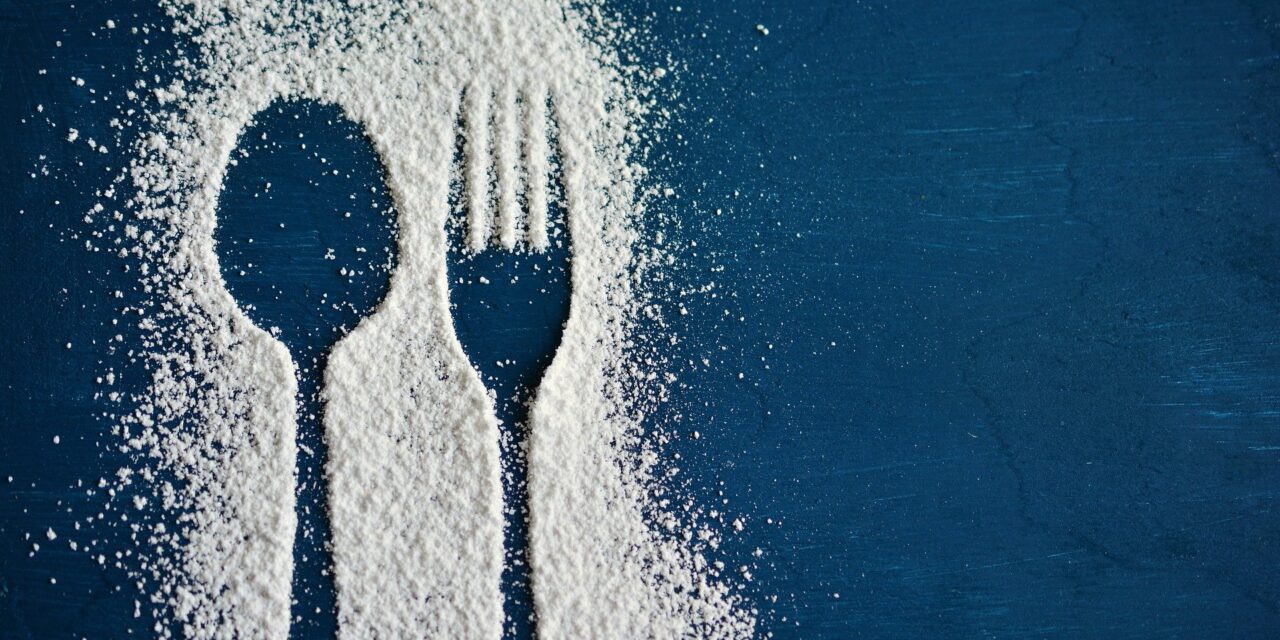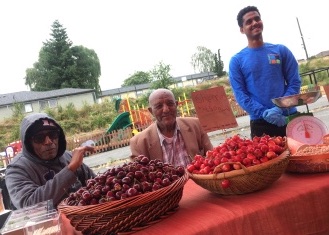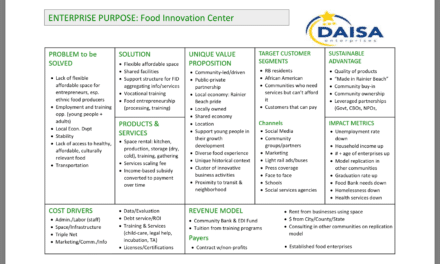As a follow-up to our Beach Fresh discussion on 10-29-2020 on the topic of Alternative Sweeteners vs. Refined Sugar here is some information for all of us to have as we think about incorporating some new ideas into how we eat and take care of our health. Keep in mind, as you move through this list and make decisions on what items may work for you, moderation is key in adding any sweetener to your diet. Regular table sugar and high-fructose corn syrup don’t contain any vital nutrients and therefore supply “empty” calories. This list comes from sweeteners which I have personally tried, but please do your own research and choose which is best for yourself and your family. CLICK ON EACH TYPE OF SWEETENER FOR YOUR RESEARCH PURPOSES.
*Agave Syrup/Agave Nectar – A natural sugar made from the Agave Cactus, it is sweet with an ‘interesting’ flavor. Choose nectar over syrup when purchasing as the nectar is more whole/raw. Use in moderation as this may not be the best choice for Diabetics or those with liver enzyme issues.
*Coconut Sugar – A natural sugar made from coconut palm sap. This is the one I choose to use most often. It is a personal preference, not a recommendation. Since it’s not as sweet as sugar in flavor, be careful not to use more than you need.
*Brown Rice Syrup – Made from brown rice and sprouted barley grains. Very sweet and syrupy. It’s best quality is that it is lower in glucose than fructose. Glucose is metabolized by all of the cells in the body whereas fructose can impair the body’s ability to process sugar. Use this one in moderation if you — or someone you love — is a Diabetic or suffers from liver enzyme issues.
*Molasses (Black Treacle) – A by-product of the sugar-making process, it comes in light, dark, and blackstrap varieties. Blackstrap contains the most vitamins and minerals and may have the most health benefits. Molasses is very concentrated in both flavor and thickness. It can be an acquired taste. Look for the ‘unsulfured’ label when possible — as that version does not have sulfur added to preserve it.
* Maple Syrup – Made from the sap of sugar maple trees. Pure maple syrup contains antioxidants, touted to have anticancer properties and helps to reduce inflammation. It’s a great alternative to artificial sweeteners, and is extra light to extra dark in color and grading system. A tablespoon (20 g) of pure maple syrup contains 12 grams of sugar, 52 calories and 13 grams of carbs and is a 54 on the glycemic index. To flavor, use in moderation.
* Raw Honey – Made entirely from hard-working bees! It can range in color from light amber to dark brown. That’s natural depending on the bees, climate and natural environment (the kinds of flowers they get nectar from). Honey can be Raw (unprocessed) or processed. Raw honey has the most health benefits. Raw honey contains anti-bacterial and antiseptic properties. Try to buy honey that is produced locally as much as possible. Honey should not be given to children under one year old, as this can be fatal. Please use honey in moderation.
*Sucranat (sugarcane product): Less processed than sugar, but not raw. It does contain trace health vitamins and minerals (more than processed sugar). There are 16 calories and 4 grams of sugar in 1 tsp of sucranat. Sucranat has a lighter molasses flavor and may not be suitable for substitution in cooking. Sucranat is very similar in chemical compound to sugar.
*Monkfruit Sugar – Made from the skin and fruit of the monkfruit whose extract is nearly 200-300 times sweeter than sugar and has been used in China as a low-calorie sweetener for cooling drinks and in traditional Chinese medicine. In processing the fruit, glucose and fructose are separated so monkfruit sugar contains no fructose or glucose. High in antioxidants, no calories but should be used in moderation as flavor because of the sweetness.









